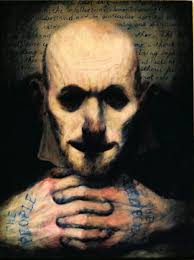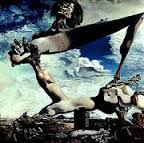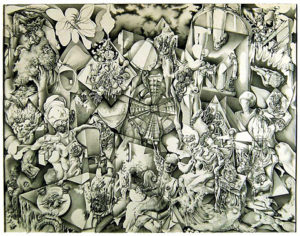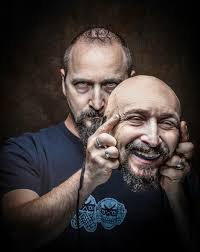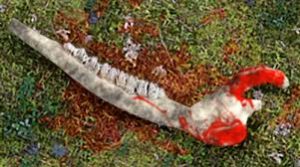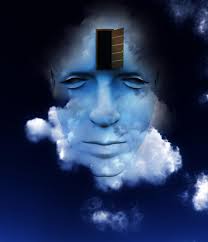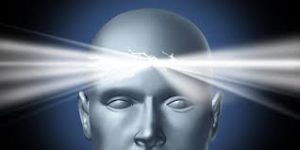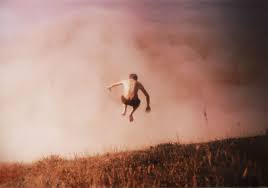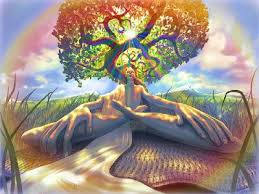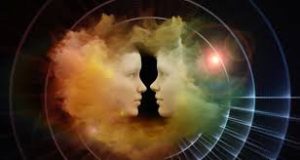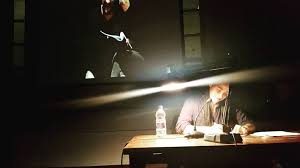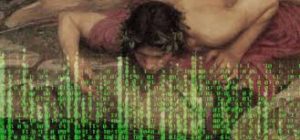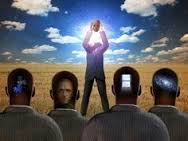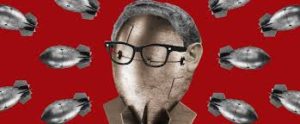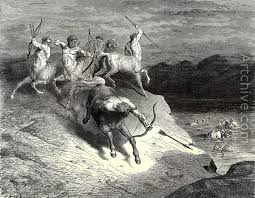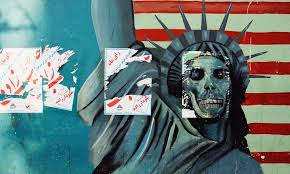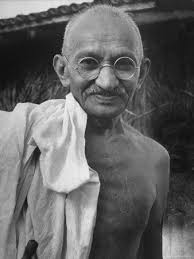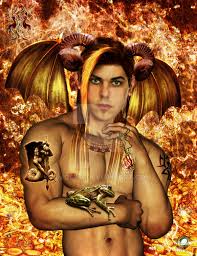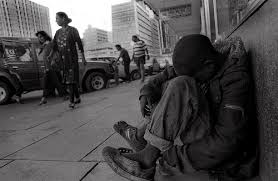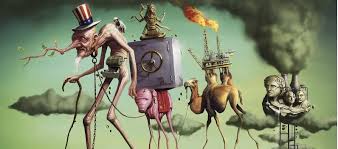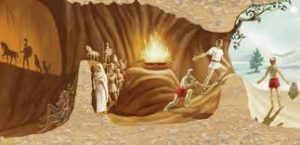Any unfortunate situations in the fields of medicine, science, or religion result not from any determined effort to sabotage the “idea,”” but instead happen because men and women often believe that any means is justified in the pursuit of the ideal.
When science seems to betray us, in our society, it does so because its methods are unworthy of its intent — so unworthy and so out of line with science’s prime purpose that the methods themselves almost amount to an insidious anti-scientific attitude that goes all unrecognized. The same applies to medicine, of course, when in its worthy purpose to save life, its methods often lead to quite unworthy experimentation, so that life is destroyed for the sake of saving, say, a greater number of lives. On the surface level, such methods appear sometimes regrettable but necessary, but the deeper implications far outdo any temporary benefits, for through such methods men and women lose sight of life’s sacredness, and begin to treat it contemptuously.
We will often condone quite reprehensible acts if we think they were committed for the sake of a greater good. We have a tendency to look for outright evil, to think in terms of “the powers of good and evil,” and I am quite sure that many are convinced of evil’s force. Evil does not exist in those terms, and that is why so many seemingly idealistic people can be partners in quite reprehensible actions, while telling themselves that such acts are justified, since they are methods toward a good end.
That is why fanatics feel justified in their actions. When we indulge in such black-and-white thinking, we treat our ideals shabbily. Each act that is not keeping with that ideal begins to unravel the ideal at its very core. If we feel unworthy, or powerless to act, and if we are idealistic, we may begin to feel that the ideal exists so far in the future that it is necessary to take steps we might not otherwise take to achieve it. And when this happens, the ideal is always eroded. If we want to be a true practicing idealist, then each step that we take along the way must be worthy of our goal.
In our country, the free enterprise system is immersed in strange origins. It is based upon the democratic belief in each individual’s right to pursue a worthy and equitable life. But that also became bound up, with Darwinian ideas of the survival of the fittest, and with the belief, then, that each individual must seek his or her own good at the expense of others, and by the quite erroneous conception that all of the members of a given species are in competition with each other, and that each species is in further competition with each other species.
The “laws” of supply and demand are misconceptions based upon a quite uncomplimentary belief in man’s and woman’s basic greedy nature. In the past we treated the land in our country as if our species being the “fittest,” had the right to survive at the expense of all other species, and at the expense of the land itself. The ideal of the country was and is an excellent one: the right of each individual to pursue an equitable, worthy existence, with dignity. The means, however, have helped erode that ideal, and the public interpretation of Darwin’s principles was, quite unfortunately, transferred to the economic area, and to the image of man and woman as a political animal.
Religion and science alike denied other species any real consciousness. When man and woman spoke of the sacredness of life — in his or her more expansive moods — he or she she referred to human life alone. We are not in competition with other species, nor are we in any natural competition with ourselves. Nor in the natural world in any way the result of competitiveness among species. If that were the case we would have no world at all.
Individually, we exist physically because of the unsurpassed cooperation that exists just biologically between our species and all others, and on deeper levels because of the cellular affiliations that exist among the cells of all species. Value fulfillment is a psychological and physical propensity that exists in each unit of consciousness, propelling it toward its own greatest fulfillment in such a way that its individual fulfillment also adds to best possible development on the part of each other such unit of consciousness. This propensity operates below and within the framework of matter. It operates above as well, but I am here concerned with the cooperative nature with which value fulfillment endows all units of consciousness within our physical world.
While we believed in competition, then competition became not only a reality but an ideal. Children are taught to compete against each other. The child naturally “competes” against herself or himself in an urge to outdo old performance with new. Competition, however, has been promoted as the ideal at all levels of activity. It is as if we must look at others to see how we are doing — and when we are taught not to trust our own abilities, then of course we need the opinions of others overmuch. I am not speaking of any playful competition, obviously, but of a determined, rigorous, desperate, sometimes almost deadly competition, in which a person’s value is determined according to the number of individuals he or she has shunted aside.
This is carried through in economics, politics, medicine, the sciences, and even the religions. So I would like to reinforce the fact that life is indeed a cooperative venture, and that all the steps taken toward the ideal must of themselves be life-promoting.
People often respond to the seasons in individualistic fashion, of course, using certain elements to spur them on or hold them back. No season is itself only. It exists in relationship to all the people within its boundaries.
